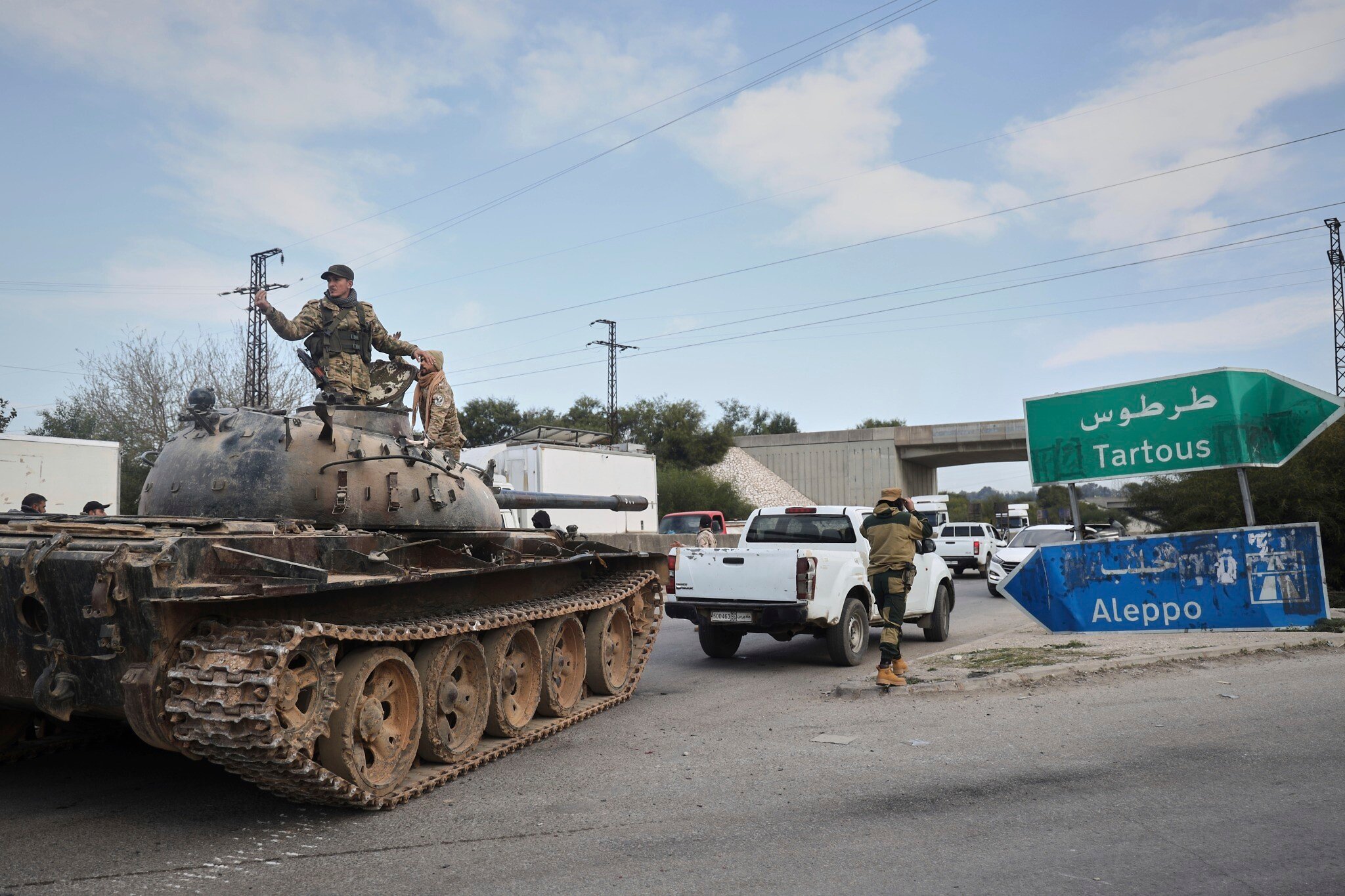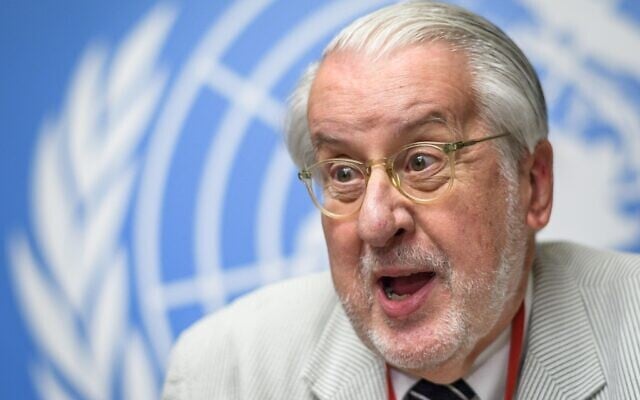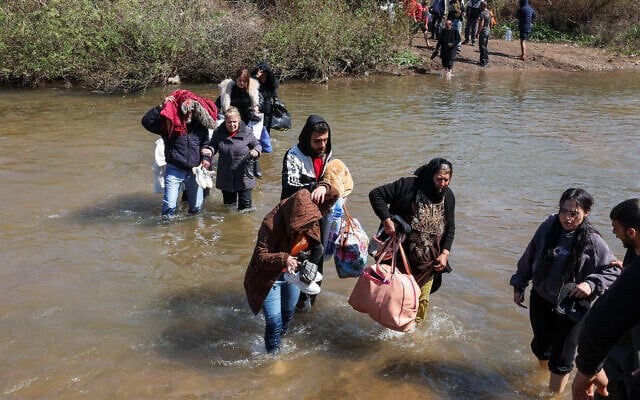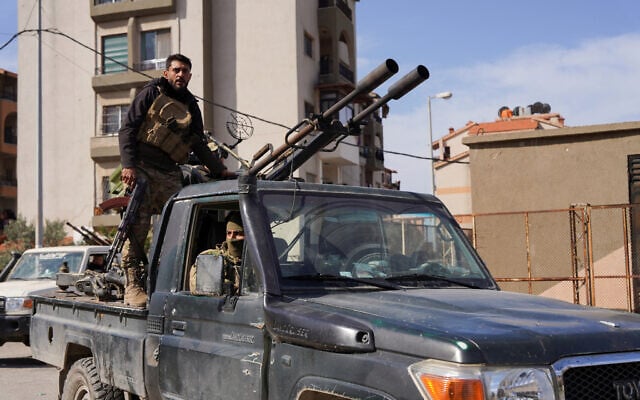



GENEVA, Switzerland — A UN commission investigating sectarian bloodshed in Syria’s Alawite heartland documented systematic violence at the hands of government forces and allied groups, as well as by their opponents, warning Thursday that some of the acts could constitute war crimes.
The violence in March unfolded along Syria’s predominantly Alawite Mediterranean coast, where security personnel and their allies were accused of carrying out summary executions, mostly targeting civilians from the religious minority, with a war monitor claiming that more than 1,700 people were killed.
The UN commission said in its report Thursday that the violence committed by “members of the interim government forces and private individuals operating alongside or in proximity to them… followed a systematic pattern across multiple, widespread locations.”
The commission noted that similar acts were carried out by “pro-former government fighters or so-called ‘remnants.'”
“The violations included acts that likely amount to war crimes,” it said of both sides.
The commission documented cases of “murder, torture and inhumane acts related to the treatment of the dead, widespread looting and burning of homes all of which displaced tens of thousands of civilians.”
Syria’s new authorities have accused gunmen loyal to ousted ruler Bashar al-Assad of instigating the violence by launching deadly attacks that killed dozens of security personnel. The UN commission also found that pro-Assad forces were implicated in the violence.
Around 200,000 pro-government military reinforcements converged on the area, according to Damascus.
Human rights groups and international organizations have said entire families were killed, including women, children and the elderly. Gunmen stormed homes and asked residents whether they were Alawite or Sunni before killing or sparing them, they said.
The UN commission documented similar cases in which men were “identified as belonging to the Alawi sect and then separated from the women and children before being led outside to be shot.”
There was no immediate public comment in response to the report from interim authorities nor from former Syrian officials, many of whom have left the country.
New Syrian President Ahmed al-Sharaa has previously denounced the violence as a threat to his mission to unite the country and promised to punish those responsible.
The commission acknowledged in its report the commitment of Syria’s interim authorities to identify those responsible, but said the scale of the violence warranted further steps.
During his rule, Assad — who is himself an Alawite — had cultivated an image as a defender of minorities, even as his authoritarian tendencies plunged the country into civil war.
Since his December ouster at the hands of Islamist-led rebels, violations like those on the coast have raised questions about the new authorities’ ability to provide security and manage sectarian tensions.
The UN commission — which said it had been granted “unfettered access” to the area by the post-Assad government — based its findings on more than 200 interviews with victims and witnesses.
It said there were “reasonable grounds to believe” that members of the security forces and other private individuals engaged in “serious violations of international human rights law.”
“The scale and brutality of the violence documented in our report is deeply disturbing,” said commission chair Paulo Sergio Pinheiro, urging the government to hold those responsible to account.
“While dozens of alleged perpetrators of violations have reportedly since been arrested, the scale of the violence documented in our report warrants expanding such efforts.”
The commission said it “continues to receive information about ongoing violations in many of the affected areas, including abductions of women, arbitrary arrests and enforced disappearances.”
It said it had “found no evidence of a governmental policy or plan to carry out such attacks,” though their systematic nature “in certain locations may be indicative of an organizational policy within certain factions or groups.”
Commissioner Lynn Welchman called for greater protections for affected communities, as well as screening processes to keep perpetrators out of the ranks of the security forces.
In its own inquiry, a Syrian committee formed by the authorities documented “serious violations against civilians on March 7, 8 and 9, including murder, premeditated murder, looting, destruction and burning of homes, torture and sectarian insults,” according to a report released last month.
The committee confirmed “the names of 1,426 dead, including 90 women,” and identified “298 individuals by name” who were suspected of involvement in the violations.



